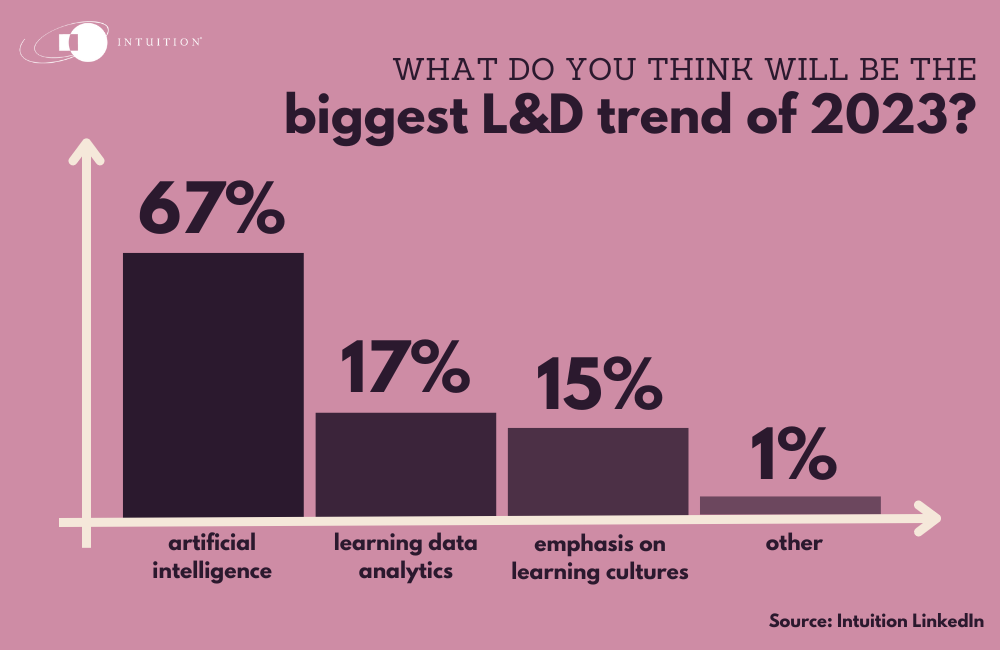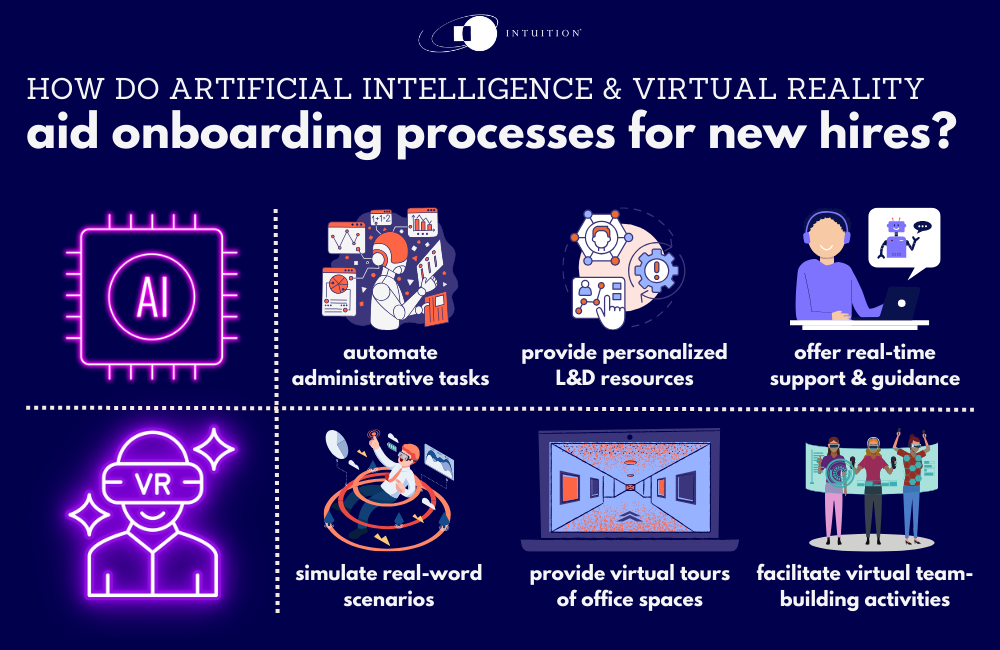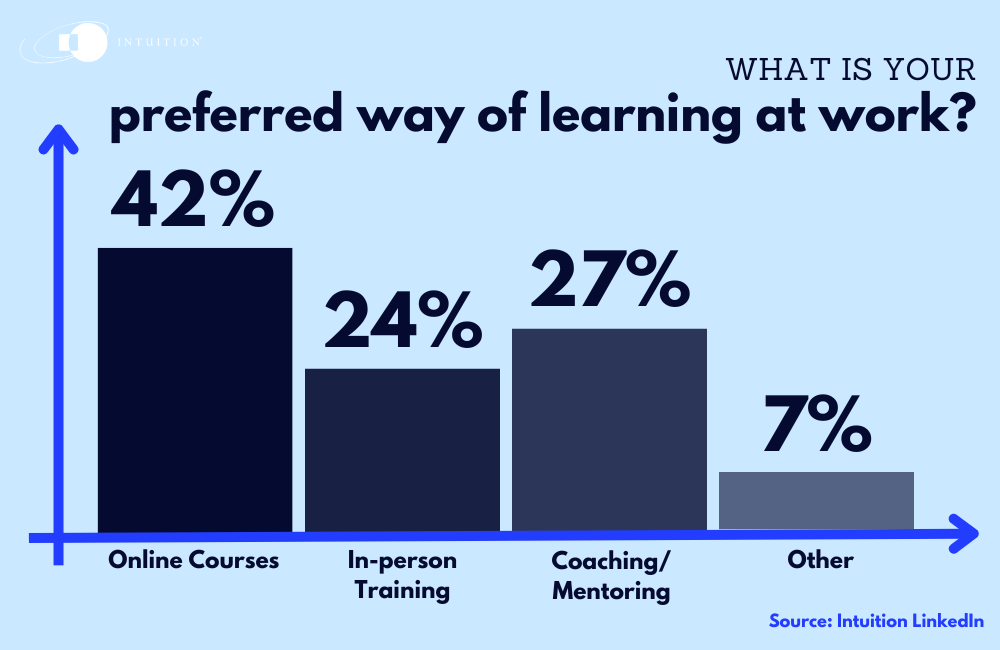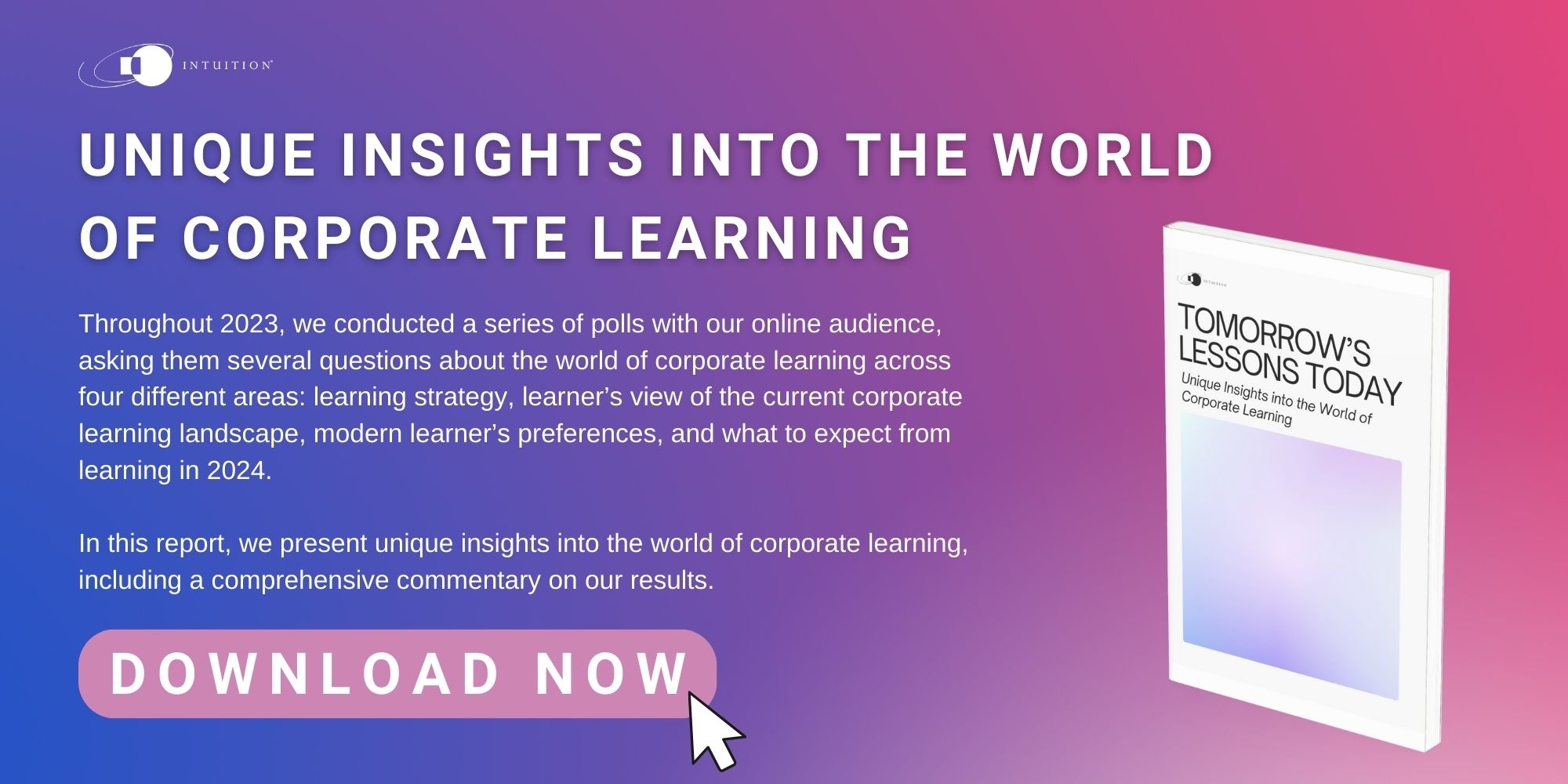Trends shaping the future of onboarding in 2024
In an increasingly competitive business environment, onboarding processes are not just about filling out paperwork and learning the ropes. It is about crafting an experience that engages, informs, and prepares new hires for what can be an exciting and stimulating journey ahead. A look ahead to the future of onboarding processes reveals a landscape dominated by innovative technologies, evolving work norms, and an ever-increasing focus on employee experience.
The traditional onboarding process has often been seen as a one-size-fits-all approach. This perspective is rapidly changing as companies recognize the need for a personalized, engaging, and effective onboarding experience. Moving forward, the onboarding process is set to become a dynamic, interactive, and personalized journey, aided by technology and underpinned by a deep understanding and increasingly mindful consideration of individual needs and motivations.
This positive and significant shift is being driven by several key factors. These include the rise of remote work, the growth of digital natives in the workforce, and the increasing emphasis on employee retention in a tight labor market. As we look ahead to the future of onboarding, these trends will continue to shape the landscape, paving the way for a more inclusive, engaging, and effective onboarding experience.
Other articles in this series:
[Unpacking the challenges new hires face in 2024]
[How networking fosters professional relationships for new hires]
[How hybrid work eases the transition for new hires]
[How continuous learning and development shapes success for new hires]
Current state of onboarding processes
The current state of onboarding processes varies widely among organizations. Some companies still rely on traditional methods, such as paperwork and in-person orientation sessions; others have begun to embrace digital tools and platforms to streamline and enhance the onboarding experience.
However, despite these differences, there is a growing consensus that the onboarding process is critical to employee engagement and retention. A successful onboarding process can help new hires feel welcomed, valued, and prepared for their new roles, leading to increased job satisfaction, performance, and retention.
Nevertheless, many onboarding processes still fall short of these goals. Common issues include a lack of personalization, inadequate support and resources for new hires, and a failure to integrate onboarding into the broader employee lifecycle. As we look ahead to the future of onboarding processes, addressing these issues will be a critical priority for businesses seeking to attract and retain top talent.
The role of emerging technologies in onboarding processes
Emerging technologies such as artificial intelligence (AI) and virtual reality (VR) are set to play a pivotal role in the future of onboarding processes. These technologies offer exciting possibilities for creating more engaging, immersive, and personalized onboarding experiences.
AI, for example, can be used to automate administrative tasks, provide personalized learning and development resources, and offer real-time support and guidance to new hires. By leveraging AI, companies can create a more streamlined and efficient onboarding process, freeing up time for HR teams to focus on strategic initiatives and for new hires to focus on learning and development.
VR, on the other hand, offers the opportunity to create immersive onboarding experiences that go beyond traditional methods. For example, VR can be used to simulate real-world scenarios, provide virtual tours of office spaces, and facilitate fun, virtual team-building activities. By leveraging VR, companies can create an engaging and memorable onboarding experience, regardless of where new hires are located.

The impact of AI on onboarding processes
One of the main benefits of AI is its ability to streamline and automate administrative tasks. This can include everything from scheduling onboarding activities to completing paperwork and tracking progress. By automating these tasks, companies can reduce the time and effort involved in the onboarding process, leading to a more useful and positive experience for new hires.
AI can also be used to provide personalized learning and development resources. For example, AI can analyse a new hire’s skills, experiences, and learning preferences to recommend relevant resources and activities. This can help new hires quickly get up to speed in their new roles, boosting their confidence and performance.

How VR is changing the onboarding experience
Virtual Reality (VR) is another transformative technology that is changing the onboarding experience. By creating an immersive virtual environment, VR offers a unique and engaging way to onboard new hires.
One of the main benefits of VR is its ability to create realistic simulations of real-world scenarios. For example, VR can be used to simulate a day in the life of a new hire, helping them understand their role and responsibilities before they even start. This can help new hires feel more prepared and confident, leading to a smoother transition and ultimately, to improved day-to-day performance.
VR can also be used to facilitate virtual team-building activities. This can be particularly useful for remote teams, where building relationships and fostering a sense of belonging can be challenging. By leveraging VR, companies can create engaging and interactive team-building activities, helping new hires feel part of the team from day one.
Future work norms and their influence on onboarding new hires
The future of work is set to bring a range of new norms and practices that will influence the onboarding process. These include the rise of remote work, the growth of digital natives in the workforce, and the increasing emphasis on diversity and inclusion.
The rise of remote work, for example, means that the onboarding process will need to be flexible and adaptable, capable of accommodating new hires regardless of their location. This will require a shift toward digital tools and platforms, as well as a focus on building relationships and fostering a sense of belonging remotely.
The growth of digital natives in the workforce will also shape the future of onboarding. These individuals, who have grown up surrounded by digital technology, have markedly different expectations and preferences when it comes to learning and development than their predecessors. They prefer interactive experiences, and expect to have access to resources and support when and where they need it.

Predicted trends for onboarding in 2024
Several trends continue to shape onboarding processes in 2024. These include the continued rise of AI and VR, the growth of personalized and adaptive learning, and the increasing emphasis on employee wellness and mental health.
The importance of human skills will come to the fore, as a generation heavily impacted by the pandemic and its related lockdowns were deprived of a key developmental stage of their lives. This has had a direct impact on their working style–a virtual-dominant intake, who spend much of their time in a digital world, will likely struggle initially as they look to integrate themselves into in-person working.
Preparing your business for the future of onboarding
Preparing your business for the future of onboarding processes is a critical task involving embracing new technologies, revising existing processes, and cultivating a culture of continuous learning and development.
Another important step is to revise existing onboarding processes. This involves identifying areas of improvement, such as a lack of human skills training or inadequate support for new hires, and implementing changes. This could include introducing new activities or resources, leveraging digital tools and platforms, or integrating onboarding into the broader employee lifecycle.
Conclusion: Navigating the future of onboarding
Navigating the future of onboarding processes is a complex task that calls for a deep understanding of emerging technologies, evolving work norms, and the needs and expectations of new hires. However, by embracing these trends and investing in the onboarding process, businesses can create a more engaging and effective experience for new hires.
By embracing this shift, businesses will not only attract and retain top talent but also prepare new hires for success, driving performance and productivity in the process.


